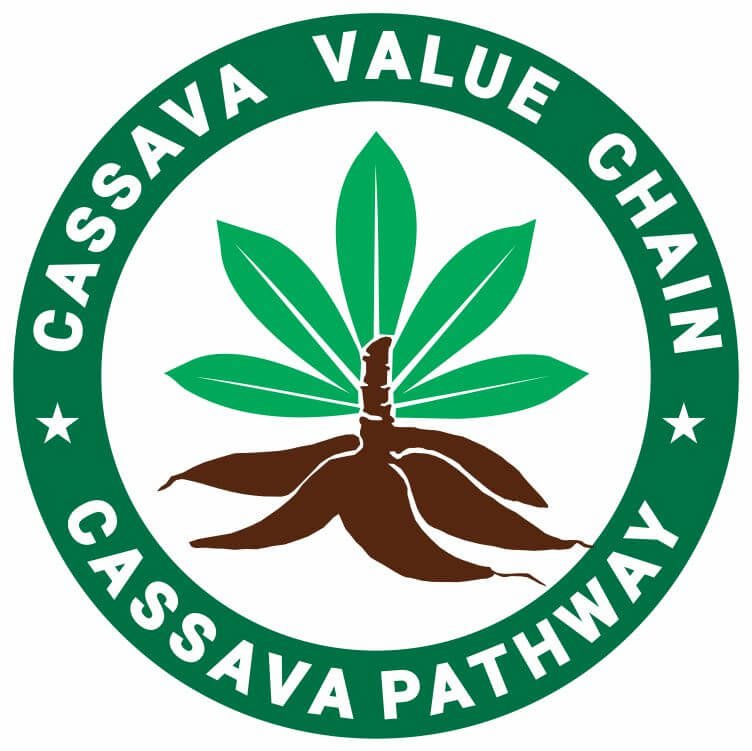The importance of education and training for cassava farmers cannot be overstated, as these initiatives play a central role in improving agricultural productivity and sustainability. And that is one of the services we offer at Cassava Pathway.
Cassava farming goes beyond planting and harvesting; it requires skill, knowledge, and adaptation to changing conditions.
That’s why education and training for cassava farmers is not just helpful; it’s essential.
At Cassava Pathway, we are committed to equipping farmers with the tools they need to improve productivity, manage risks, and achieve long-term success in cassava cultivation.
Our training programs are designed to address real-world challenges farmers face in the field while introducing modern farming techniques that promote sustainable agricultural practices.
Why Training Matters for Cassava Farmers
The agricultural sector is evolving, and cassava farmers must evolve with it.
Through structured education and training programs, farmers gain the knowledge to make informed decisions on everything from soil health, requirements and management to post-harvest handling.
Without proper training, farmers may unknowingly adopt harmful practices that degrade the soil, reduce yields, or invite pest infestations.
By learning best practices through our programs, they can improve their crop quality, increase yields, and reduce losses.
Core Areas Covered in Cassava Training Programs
At Cassava Pathway, our farmer training initiatives focus on the key components that directly affect cassava productivity:
- Crop Management: Farmers learn optimal planting times, plant spacing, and weed control techniques to improve cassava root development.
- Pest and Disease Control: Instruction on pest life cycles, disease symptoms, and natural control options enables farmers to minimize losses without over-relying on chemicals.
- Soil Health and Fertility: Sessions explore soil testing, organic matter use, and how to correct nutrient deficiencies, helping farmers maintain soil structure and fertility.
- Post-Harvest Practices: Training includes best practices for harvesting, drying, and storage, all of which reduce spoilage and improve market value.
Each topic is taught with both local conditions and scientific findings in mind, ensuring relevance and practicality for every farmer.
Integrated Pest Management: A Key Focus Area
A cornerstone of our educational efforts is Integrated Pest Management (IPM), a holistic approach that combines multiple pest control strategies to reduce crop damage. Farmers are taught how to:
- Identify early signs of pest and disease outbreaks.
- Use biological control agents like beneficial insects.
- Rotate crops to break pest cycles.
- Apply targeted treatments only when necessary.
This approach not only safeguards the crop but also reduces the environmental impact of excessive chemical use.
Tailored and Practical Learning for Maximum Impact
We understand that theory alone is not enough. That’s why practical methodologies are at the heart of every Cassava Pathway training session. Farmers participate in:
- Hands-on demonstrations of improved farming techniques.
- Field visits to successful cassava farms and demo plots.
- Interactive workshops where they can ask questions and engage directly with agricultural experts.
This participatory format ensures that farmers leave each session not just informed but also confident in their ability to apply what they’ve learned.
Leveraging Digital Tools to Expand Access
To reach more farmers across rural and remote areas, Cassava Pathway integrates digital tools into our education model.
With mobile-based learning materials, downloadable guides, and video tutorials, farmers can continue learning on their schedule, even after formal training ends.
These resources are especially helpful in areas where in-person training is limited or seasonal.
Driving Sustainability Through Knowledge
Education doesn’t just improve short-term results; it creates a pathway toward long-term sustainability.
Our programs promote climate-smart agriculture, teach farmers how to conserve resources, and encourage practices that maintain productivity for years to come.
Through localized recommendations and community-led initiatives, Cassava Pathway ensures that the training provided is relevant, practical, and transformative.
Final Thoughts: Investing in the Future of Cassava Farming
At Cassava Pathway, we believe that empowering farmers through education is the key to unlocking cassava’s full economic and agricultural potential.
Our training and educational programs are built to not only improve productivity but also inspire a shift toward responsible, sustainable farming.
By bridging the gap between traditional practices and modern agricultural knowledge, we help cassava farmers build a better future, one harvest at a time.

